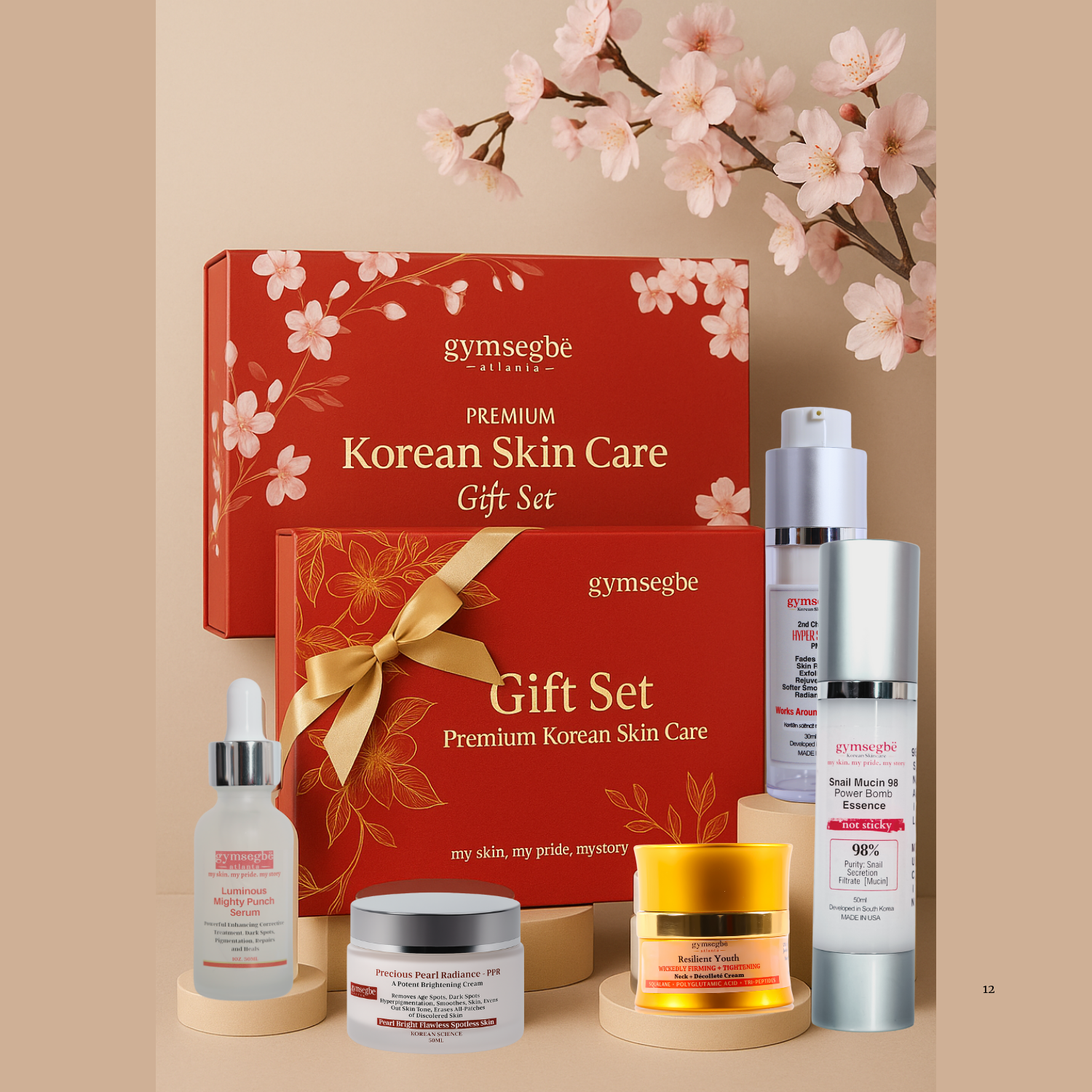How to Take Care of Combination Skin: The Ultimate Skin Care Routine

Sometimes, it is hard to find out which skin type are you. That usually happens when your skin decides to be oily and dry at the same time. What now? It doesn’t matter which parts of your face are oily and which are dry. The approach is usually the same. You are now wondering - how to take care of combination skin? Don’t worry, we have prepared an ultimate skin care routine that should help everybody with combination skin.
What is Combination Skin?
Typically, it is a mix of dry and oily zones on your face. However, dermatologists agree that combination skin is normal, just like the other types.
The usual dry parts on combination skin are cheks, while T-zone can be slight to very oily. Whenever you have these dry and oily patches, what you do to make these problems go away is pretty the same.

Photo by Cheyenne Doig on Unsplash
What Causes Combination Skin?
While nothing really can cause combination skin, there are a few things that can potentially make your skin type change. Combination skin can be inherited from your parents, or come as a consequence of hormonal change.
Nonetheless, using products that have harsh ingredients will inevitably dry out your skin in some areas but also stimulate oil in other parts. So, if you are using wrong or not suitable skin care products you will potentially cause combination skin.
On the other hand, if you are using products that are suitable to your skin type, you will notice the difference. The skin won’t be that oily and red, and those dry areas will look smoother.
How to Take Care of Combination Skin?
The routine itself is not so much different from other skin types. However, you should go for gentle products that will moisturize but not make your face more oily than it already is. Some products should only be applied to specific areas.
Start with a Gentle Yet Effective Cleanser
Whether you prefer gel or lotion-textured cleansers, you should use them as the first step of your skincare routine. Your goal should be to remove makeup, impurities, and debris, without damaging your skin, leaving it too dry, or greasy.
If you prefer you can use a brush, washing sponge, or other accessories that will provide some extra cleaning. Don’t forget that softness is important and that you shouldn’t leave your skin irritated afterward.
Use Non-Irritating, Soothing Toner
Believe it or not, the toner that is formulated right can help nourish dry skin as well as minimize oiliness. The toner for combination skin should consist of antioxidants, should be alcohol-free, and have skin-replenishing ingredients.

Photo by Mathilde Langevin on Unsplash
Don’t Skip Lightweight Serum
After toning your skin you should apply a serum that will lock down all those good ingredients from toner and prepare your skin for the next steps. It is best to opt for a lightweight formula with hyaluronic acid in it.
For Evening: Exfoliator
If you are doing this routine in the evening, then you should include an exfoliator. Use a gentle, leave-on BHA exfoliator that will be effective yet not too strong for your skin. BHA exfoliator should remove dead cells without damaging your skin, unclog your pores, and make it less oily.
When it comes to texture, gel, fluid, or watery exfoliators are the best possible solution for your combination skin.
Pick The Right Moisturizer(s)
When you have combination skin, you can even have not one but two moisturizers on your nightstand. The point is to pick the right moisturizer for your dry patches, as well as for dry areas, and treat them both. Sometimes, it is not possible to do with one product.
For dry areas choose creamy formulas that will nourish and protect them. But for that oily zone pick some lightweight, watery formula that will make it hydrated but not more oily.
Don’t Forget SPF
SPF should be mandatory for all skin types and all seasons. No skin type is exempt from the need for a good-quality broad-spectrum sunscreen. Make sure to pick super lightweight formula for your combination skin, preferably with a matte finish. The SPF should be the last step of your skincare routine.
Sometimes: Facial Masks
Once a week, you can try facial masks. It is best to incorporate masks into your evening routine. You can find ones that are suitable for combination skin, or try different patches and put them on different areas on your face.
Conclusion
Don’t forget to hydrate your face, especially during the summer months. Also, don’t stick to one routine if you see that it doesn’t quite suit you. Combination skin can change and you should go with the flow.
















